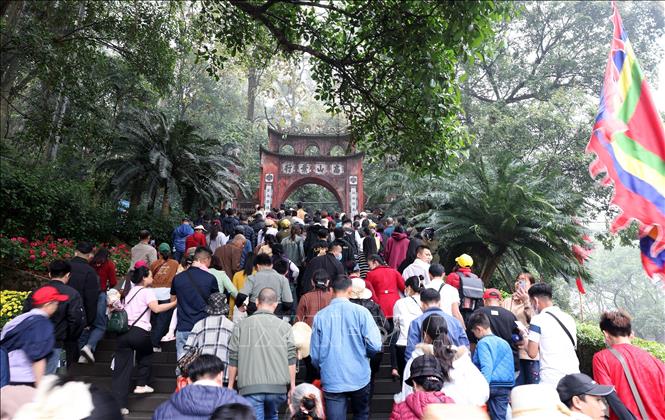
This is not only a new point of thinking, but also an important turning point, a breakthrough approach, when considering cultural heritage as a development resource, contributing to the sustainable growth of the country. The scientific contributions of researchers have affirmed that heritage economy is the new driving force for Vietnamese culture to promote its value, spreading soft power in the period of deep international integration.
Motivation to preserve and promote national culture
According to Dr. Tran Huu Son, Director of the Institute of Applied Folklore, the draft documents of the 14th Party Congress mention the issue of "Preserving and effectively promoting cultural heritage values associated with heritage economic development".
Dr. Tran Huu Son believes that heritage economy is an organic combination of preserving and promoting cultural values and creating economic resources from heritage itself. This concept is still quite new in Vietnam but has been considered by many developed countries as a strategic direction to both preserve identity and promote creativity and community livelihoods. In particular, heritage conservation is the foundation for promotion; without conservation, heritage will lose its originality and no longer have value to exploit. Promotion is the driving force for conservation, promotion makes heritage "live" in the community, not forgotten.
On the other hand, the process of “preservation” helps heritage maintain and protect its value. On the contrary, “promotion” regenerates its value in a new context. Heritage Economy is a special economic sector, based on the exploitation and promotion of the values of cultural and natural heritage to create resources for economic development, while also being closely linked to heritage conservation.
According to Dr. Tran Huu Son, heritage economy is a new economic sector, in this economic sector there are many different types such as: heritage tourism, OCOP agricultural products, cultural industries "following" the symbols and values of heritage, traditional cuisine, traditional handicrafts... Types of heritage economy all have the common characteristic of originating from heritage, are economic types based on the value of cultural heritage.
Dr. Tran Huu Son identified three basic pillars of Vietnam's heritage economy, including: Heritage tourism , the most popular form, including spiritual tourism, origin tourism, cultural experience tourism. Products such as the journey to Hung Temple, Mu Cang Chai terraced fields, or the experience of weaving brocade of the Mong and Thai people... all clearly demonstrate the exploitation of heritage into unique tourism resources.
The OCOP program (One Commune One Product) is the crystallization of indigenous knowledge, traditional crafts and community culture. From there, products such as Phu Quoc fish sauce, Thai Nguyen tea, Bat Trang pottery, etc. not only have commercial value, but also carry the symbolic value of the land, contributing to elevating the Vietnamese brand.
Creative industries associated with heritage, such as cinema, music, handicrafts, etc., are all inspired by heritage. When these industries are developed on the basis of traditional culture, they create new economic value while still preserving the national soul.
Dr. Tran Huu Son emphasized that heritage economy will increasingly play an important role in economic life, and is an important driving force to preserve and promote national cultural traditions. Therefore, it is necessary to focus on scientific research on heritage economy. First of all, it is necessary to identify economic types in the heritage economy. From there, analyze the characteristics, features and values of heritage economy, handle conflicts arising when developing heritage economy at the grassroots level... On the other hand, it is also necessary to plan types in the heritage economy. Develop policy mechanisms to encourage and develop heritage economy according to three principles: nationalization, popularization, and scientization.
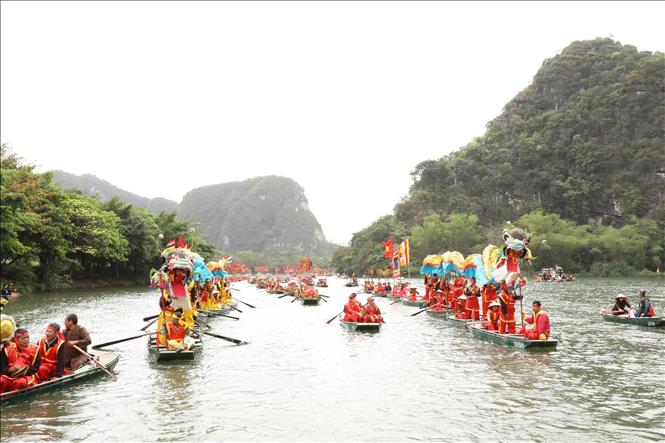
Breakthrough strategic orientation
Also talking about heritage economy, Dr. Tran Doan Lam, former Director of The Gioi Publishing House, said that the Draft Political Report of the 13th Party Central Committee at the 14th National Congress of the Party mentioned the concept of "heritage economy" - a relatively new concept for cultural activists in Vietnam, and also a new strategic concept appearing in the Draft Political Report. It marks an important shift in perception, from considering heritage as a cost of the cultural sector for preservation, to a resource for sustainable economic development for the whole society.
In the context of Vietnam, heritage economics is an interdisciplinary field of study, in which heritage is considered an economic resource that can be exploited through tourism, services and other accompanying economic activities, instead of just a static asset that needs to be preserved. The inclusion of this term in the high-level document affirms that this is a strategic path to realize the goal of harmoniously combining conservation and development. Moreover, heritage economics is considered an effective pivot connecting cultural heritage development with the creative economy and digital economy in the context of globalization.
According to Dr. Tran Doan Lam, this shift in perception has profound implications: International laws and conventions initially focused on preserving tangible heritage in its original state. However, the new definition of heritage economics emphasizes dynamic values, requiring management to shift from prohibiting intervention to managing change and promoting creativity based on core values. In the new model, intangible cultural heritage plays an increasingly important role, becoming the main driving force to create economic value different from just exploiting traditional tangible relics.
According to Dr. Tran Doan Lam, heritage economics is a complex cross-cutting field, requiring the mobilization of a team of good researchers and experts in the fields of economics, culture, society, and environment to promote interdisciplinary research. These studies will provide reliable scientific arguments for effective policy planning and implementation. In particular, heritage economics should be linked to cultural diplomacy to see the contribution of heritage economics to building soft power and national brand and position in international relations.
Dr. Tran Doan Lam stated that heritage economy is a breakthrough strategic orientation of Vietnam, transforming heritage from a static conservation asset to a dynamic and sustainable economic development resource. This concept is not only limited to tourism, but also extends to creative and digital economy, based on the core principle of value inheritance and continuous innovation.
However, the reality shows that the effectiveness and sustainability of the heritage economy depends on our own governance and institutionalization capabilities. The biggest challenge lies not in the potential of heritage or technology, but in the inadequacy of business ethics and management. Prioritizing short-term business interests can quickly lead to a decline in the quality and authenticity of heritage, undermining the national brand that has been achieved.
Dr. Tran Doan Lam said that, to ensure that the heritage economy is truly the path to realizing the goal of "harmoniously combining conservation and development", we need to focus on building a long-term strategy in the overall national development strategy as well as a short-term plan aimed at developing this economic sector, realizing the guiding ideology as presented in the Draft Document to be submitted to the upcoming 14th Party Congress.
It can be seen that the contributions of the two experts converge at one point: heritage economy is an inevitable development direction, a bridge between the past and the future, between tradition and creativity. The Draft Document of the 14th National Party Congress, when focusing on this content, has demonstrated the Party's vision in building "an advanced Vietnamese culture with a strong national identity". From a practical perspective, developing heritage economy not only brings material benefits but also strengthens identity, enhances national soft power, and contributes to building "a strong, prosperous and humane Vietnam".
Source: https://baotintuc.vn/du-lich/kinh-te-di-san-dinh-huong-chien-luoc-cho-phat-trien-ben-vung-van-hoa-20251110143818756.htm



![[Photo] Prime Minister Pham Minh Chinh attends the annual Vietnam Business Forum](https://vphoto.vietnam.vn/thumb/1200x675/vietnam/resource/IMAGE/2025/11/10/1762780307172_dsc-1710-jpg.webp)






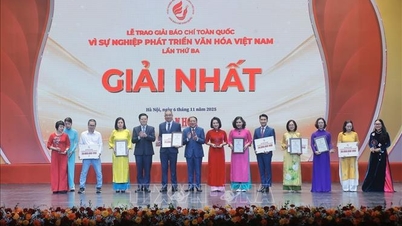
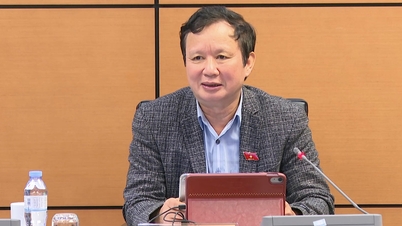

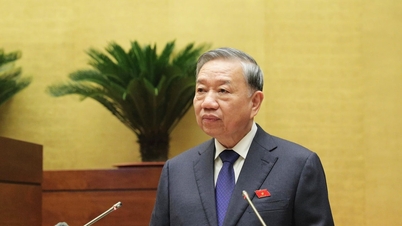

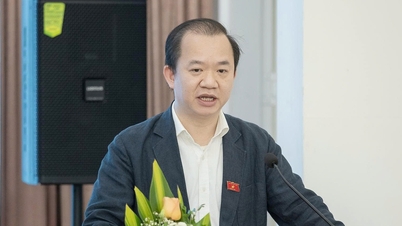

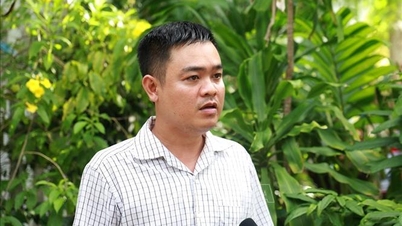






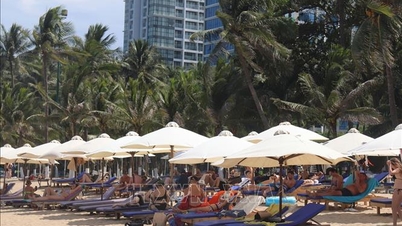
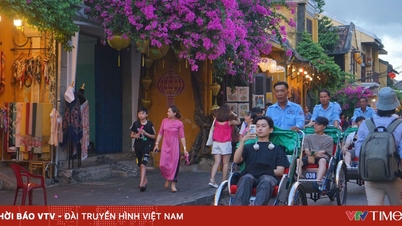





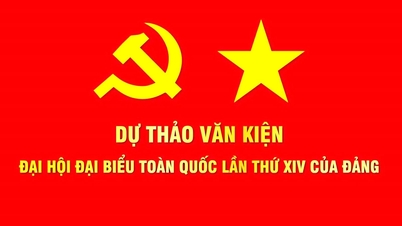
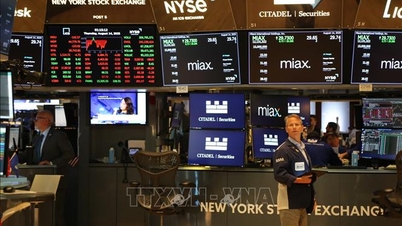












































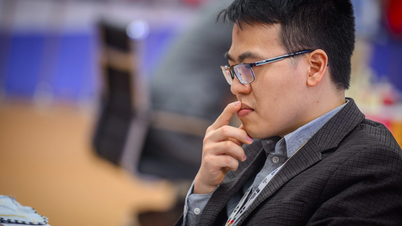






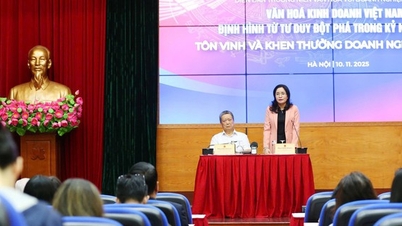
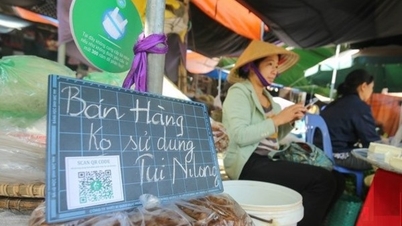




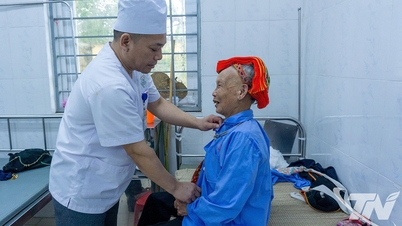



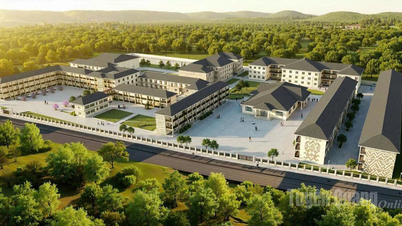
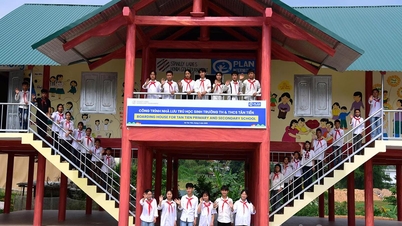

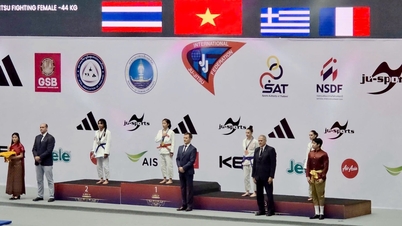

![Dong Nai OCOP transition: [Article 3] Linking tourism with OCOP product consumption](https://vphoto.vietnam.vn/thumb/402x226/vietnam/resource/IMAGE/2025/11/10/1762739199309_1324-2740-7_n-162543_981.jpeg)








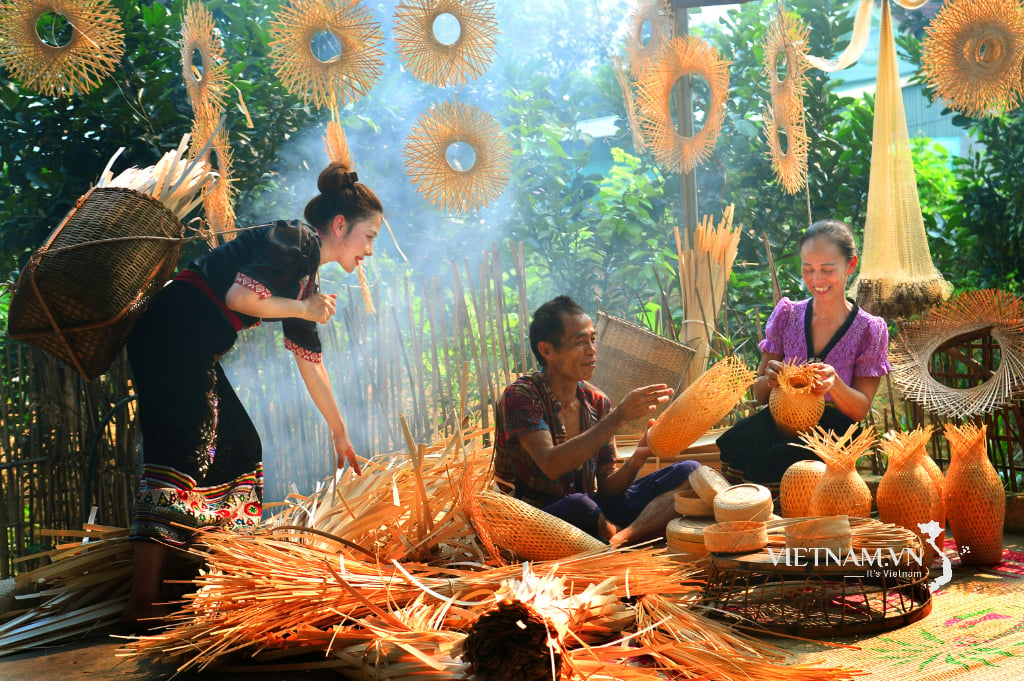


Comment (0)